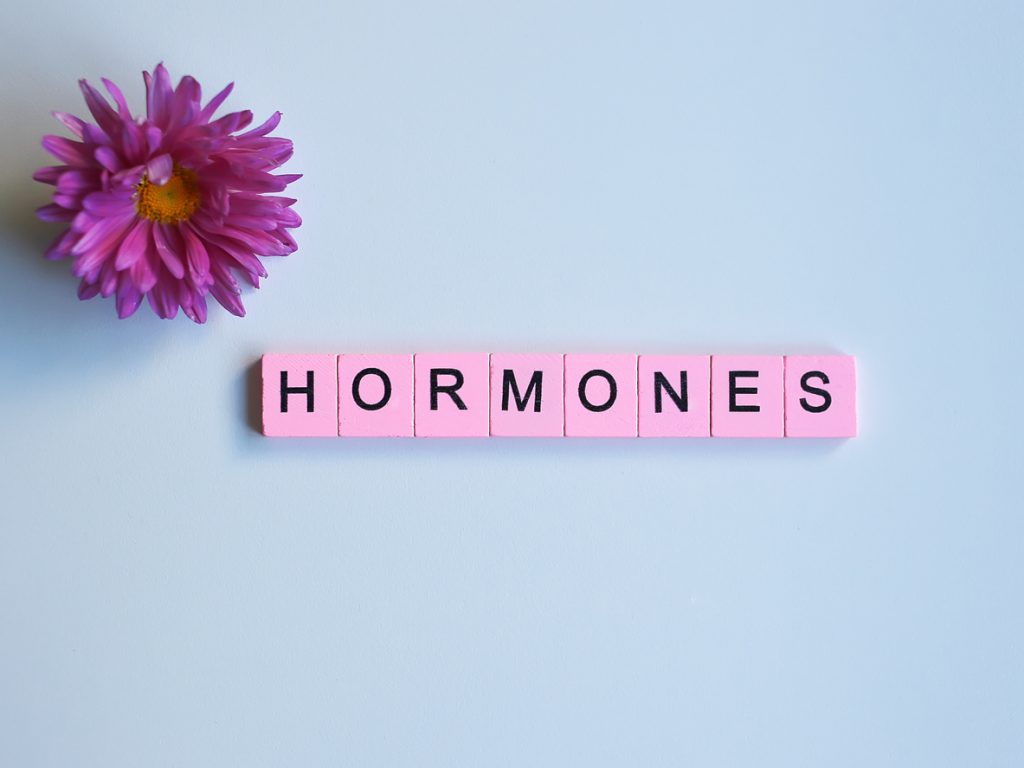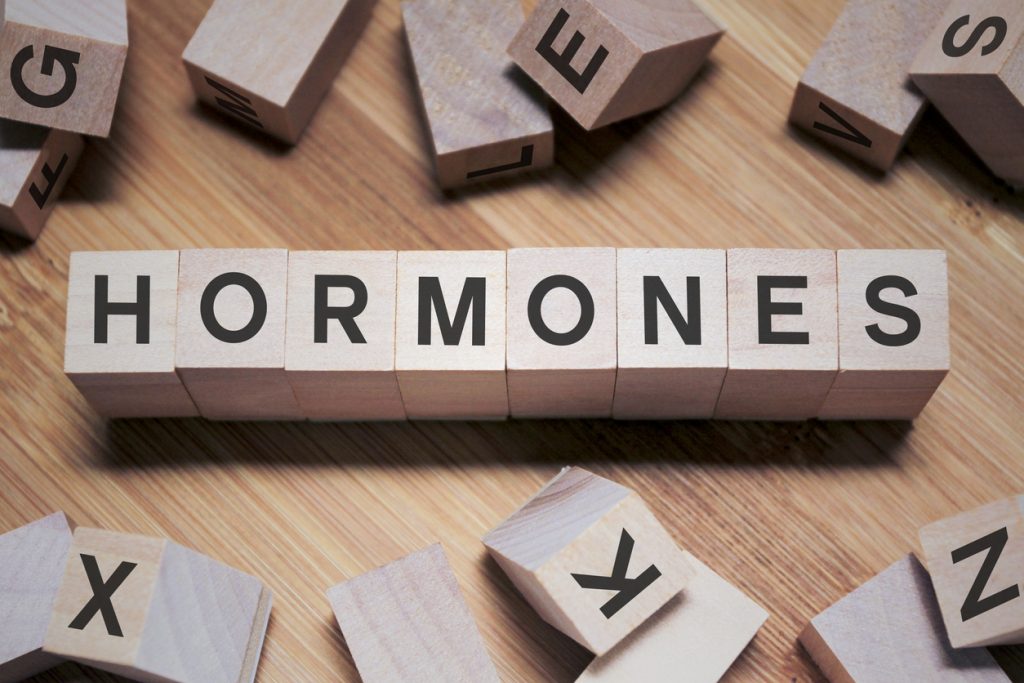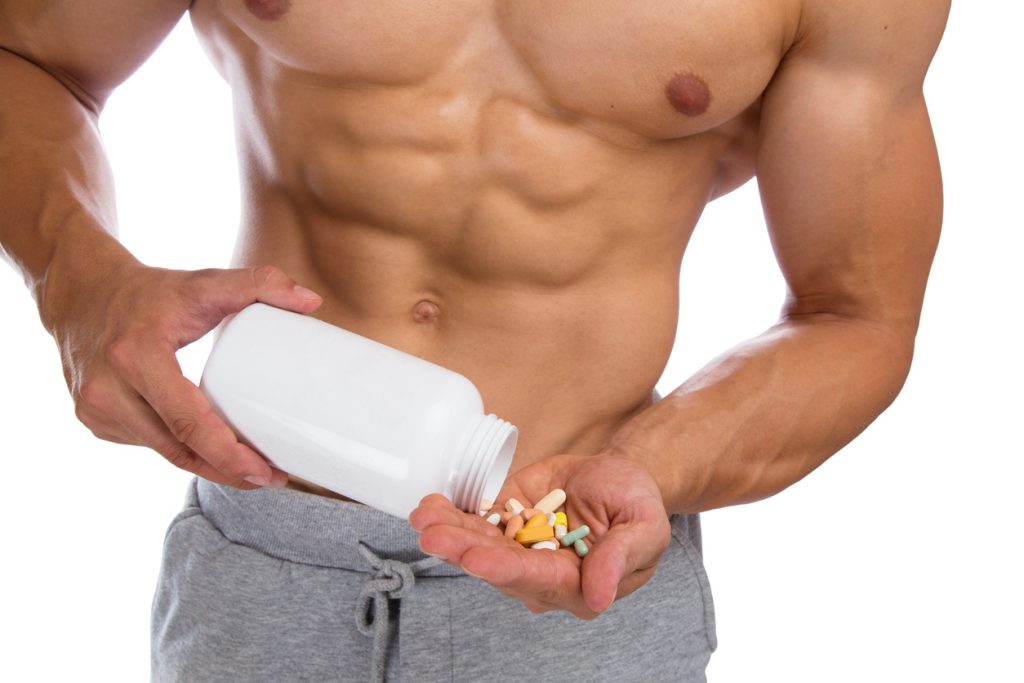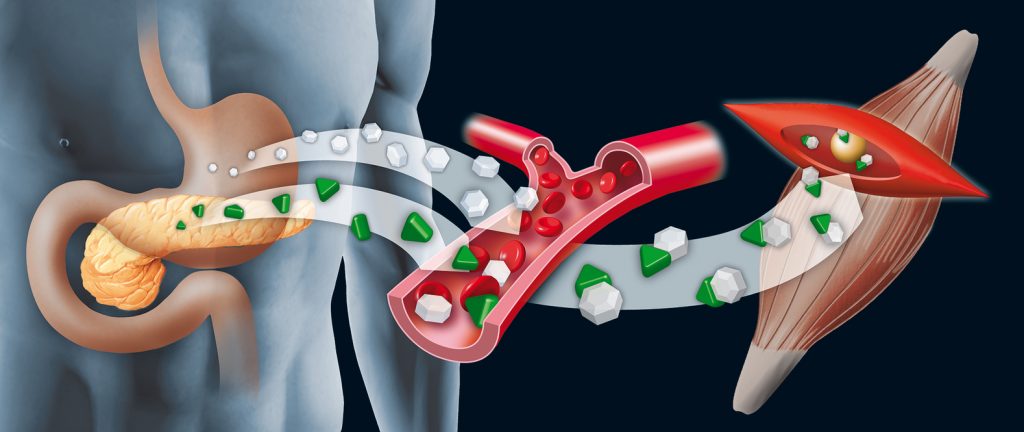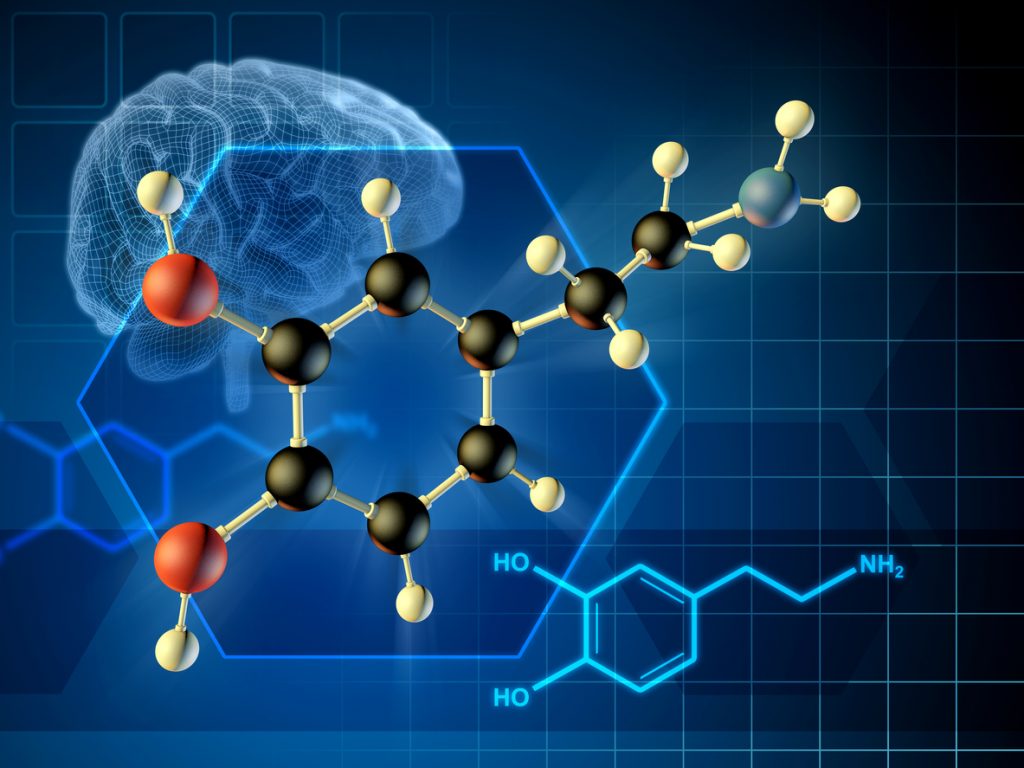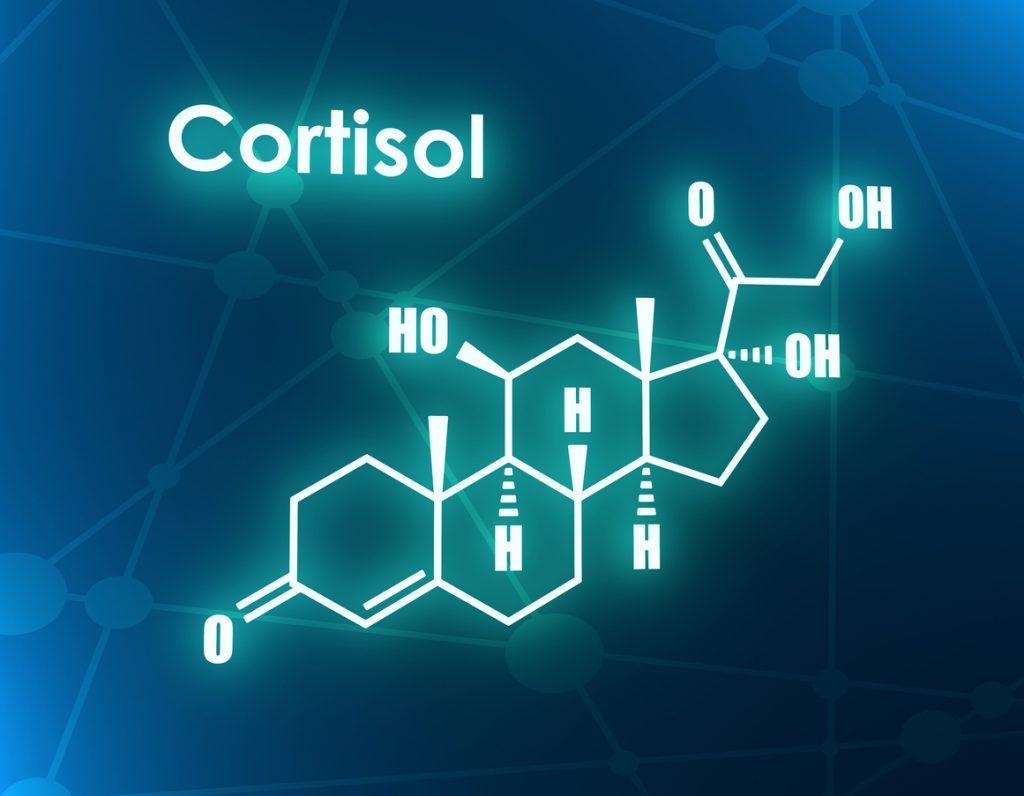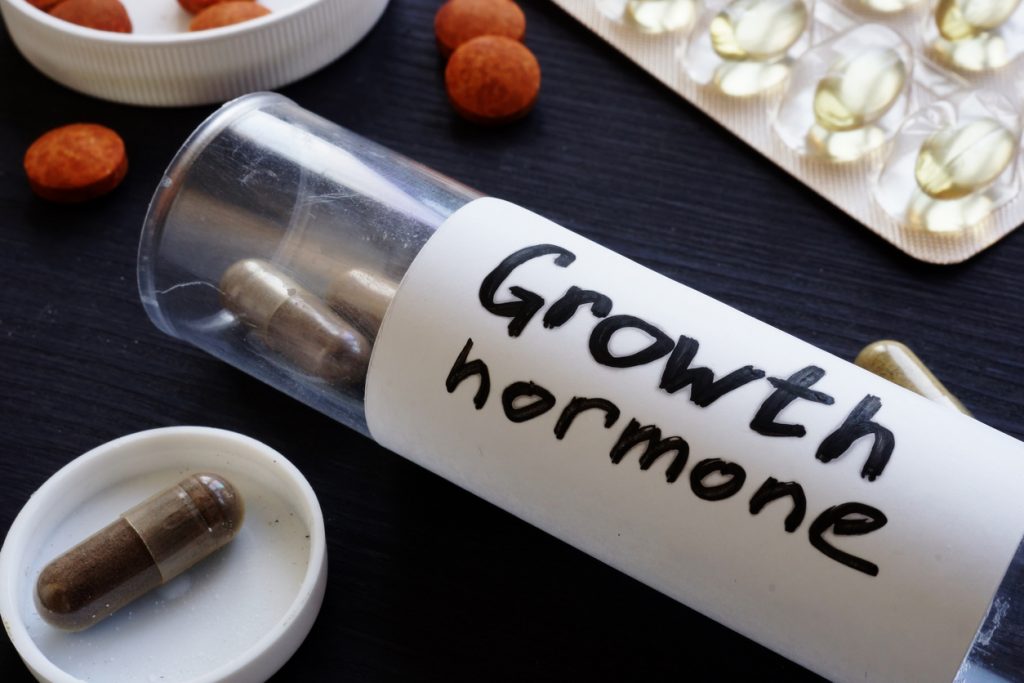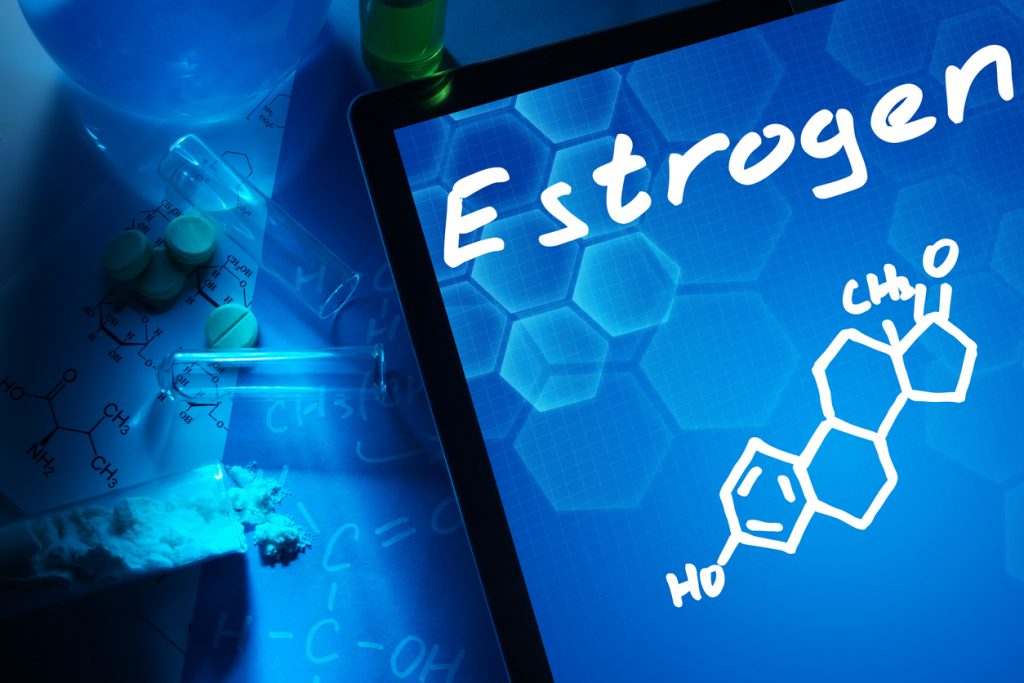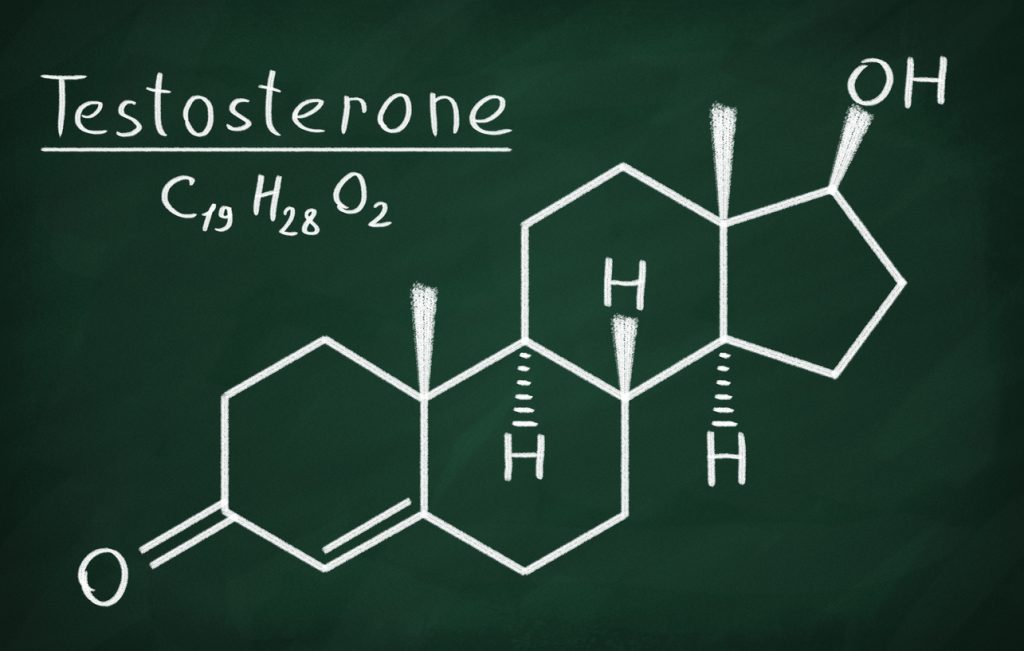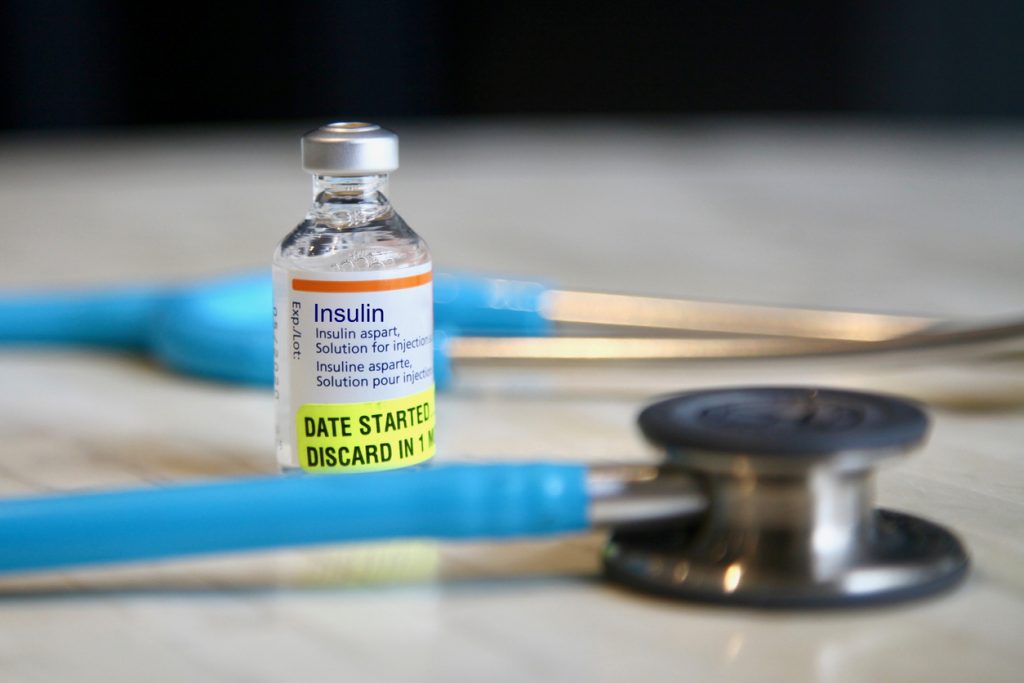It is true that physical activity should always be accompanied by a good sports diet to ensure physical well-being. This recommendation is widely popularised and put into practice by sports addicts. However, the importance of a well-functioning hormonal system deserves to be developed further as hormones contribute to the success or failure of training.
Do we really need hormones?
Without hormones, the body cannot function normally. In some ways, hormones are involved in controlling our bodies from metabolism (and thus on mass gain and weight loss) to sexual activity.
In principle, the nervous system is the centre of all commands but the hormones accompany it as the carriers of these to the recipient organs of our body. In order for the body to take action, the glands secrete hormones to be transported through the bloodstream to the cells that receive the messages. These hormones stimulate the contraction of the muscles or the reaction of the organism.
This is why sportspeople need to know the roles of the hormones that condition their physical activities.
Where are hormones formed?
The fifty hormones in our body are made by the endocrine cells which come from the endocrine glands and organs of our body respectively. The endocrine system is composed of different glands, each with its own specificities.
About ten glands are affiliated with the endocrine system.
At the base of the brain there is a motor gland which is the pituitary gland. This gland secretes important hormones that enable the other glands in the body to produce various hormones with their respective roles.
Below the larynx is the thyroid gland. Other endocrine glands are located in its dorsal surface. In addition, four parathyroid glands are also located on the thyroid.
The kidneys are also vital hormone-producing organs because at the end of the two kidneys there are the adrenal glands. These are called the medullary adrenal gland and the adrenal cortex gland.
Many organs in our body produce hormones, which are all essential for the proper functioning of our body, including the pancreas, the heart, the ovaries, the testicles and the intestines.
What are hormones used for?
We have said that hormones are the controllers of our body. They then provide essential information transmitted by the various secreting glands. The external reactions reflect the presence or deficiency of hormones, depending on the case. In particular, the regulation of body temperature, hunger or thirst is one of the functions of hormones.
The process of secretion of hormones from other organs other than the brain is ordered by the hypothalamus which interacts with the pituitary gland in releasing the command hormones.
Hormones are varied according to their producers, who transmit different messages to the body. Notably, the interactions of each hormone with the body are not all similar, there are those that cause immediate effects with a short duration and those that induce more prolonged reactions.
It should be noted that the expected actions of hormones are very precise and targeted. After the endocrine cells secrete them, the blood system is responsible for transporting them to the target cells, which are the chemical receptors. The role of the latter is to interpret the messages transmitted.
The hormones transported are specifically the steroid hormone and the protein hormone, which are both very complementary. The steroid hormone passes through the target cell and the protein hormone attached to the membrane of the target cell assists in the process of receiving the message.
There are multitudes of hormones:endorphin, theleptin, etc
Hormones and the body's needs
Given that the command hormones come from the endocrine glands of the nervous system, the secretion of hormones are at the request of the body or organism. Indeed, it is essential for an athlete to understand the characteristics of the different hormones so that they can balance, choose or limit their physical activities according to the capacity and well-being of the body.
What is the relationship between hormones and sport?
In general, any physical effort leads to a loss of water and sodium. However, this deficit depends on the intensity and duration of the exercise and the physical condition of the person. In principle, these losses stimulate the secretion of aldosterone and antidiuretic hormone, which promote the retention of water and sodium.
At the beginning of physical training, it is the thyroid hormones and parathyroid hormones that are stimulated. The increase in these substances leads to the basal metabolic rate, which in turn leads to sleep disturbance and persistent fatigue. Indeed, the frequency and prolongation of training can only increase the concentration of these hormones which only decrease after several days. Indeed, the control of the variation of these hormones depends on moderate physical exercises.
During training, adrenaline and noradrenaline will be progressively and continuously secreted. The increased concentration of these provides benefits to the cardio vascular system as they release energy.
The duration and intensity of training defines the concentration of the sex hormone levels which are androgen andestrogen. In addition thetestosterone will also be stimulated and promotes protein anabolism. This is advantageous for bodybuilders as it helps to firm up muscles.
The maintenance ofgrowth hormones is interdependent with the intensity of the physical effort. Hormone levels may increase up to 35 times the normal level depending on perseverance in training. This growth is also reflected in the gain of muscle mass.
The hormone that has a highly variable concentration during training iscortisol. It is secreted by the adrenal glands, its high concentration leads to a gluconeogenic effect that allows the body to provide energy other than in glucose.
During training, there is also the variation ofinsulin and glucagon. Notably the concentration of these hormones substitutes i. e. if insulin increases, glucagon decreases and vice versa. As a specificity, glucagon releases fatty acids in fatty tissues and in the liver unlike insulin.

